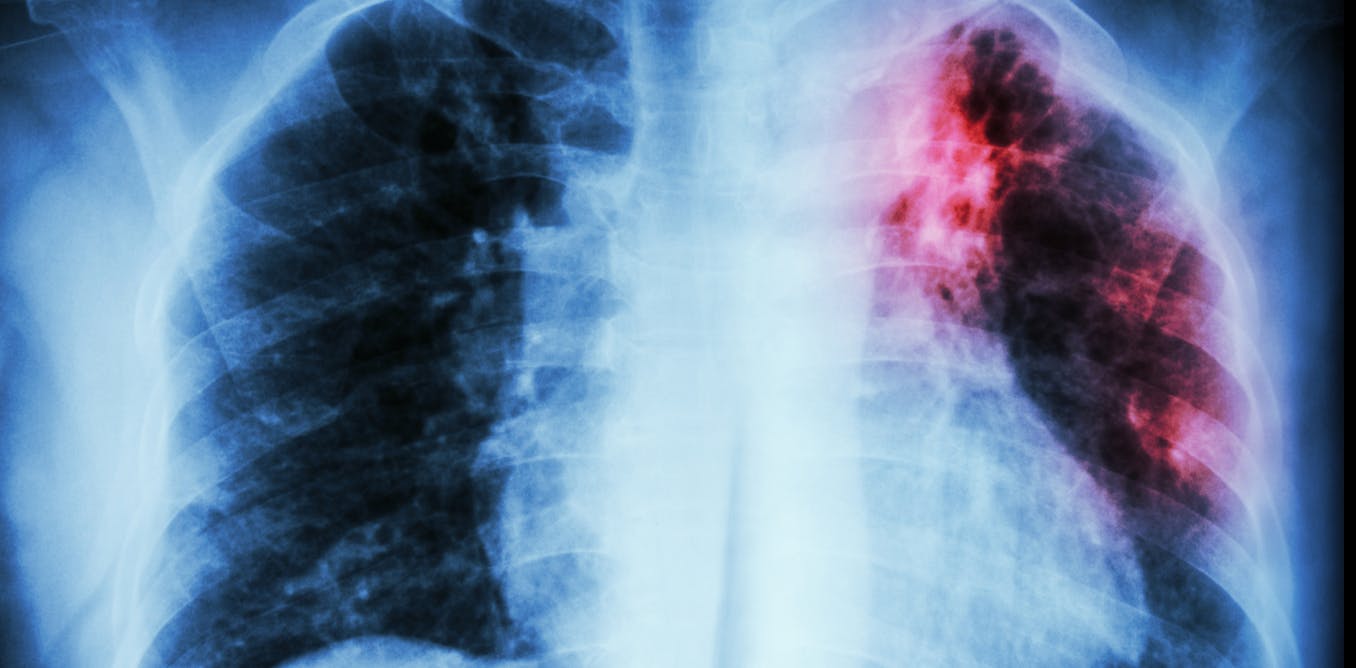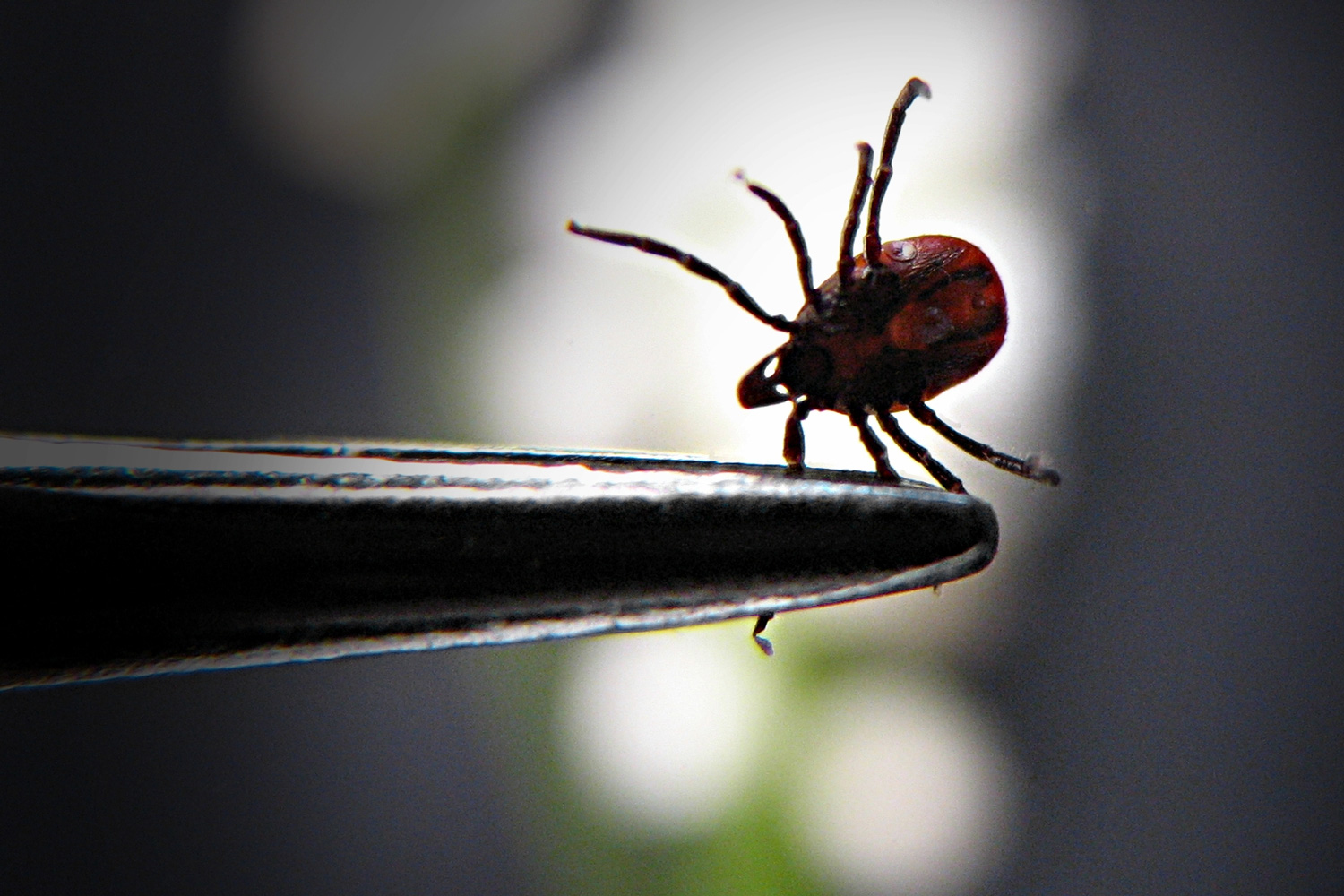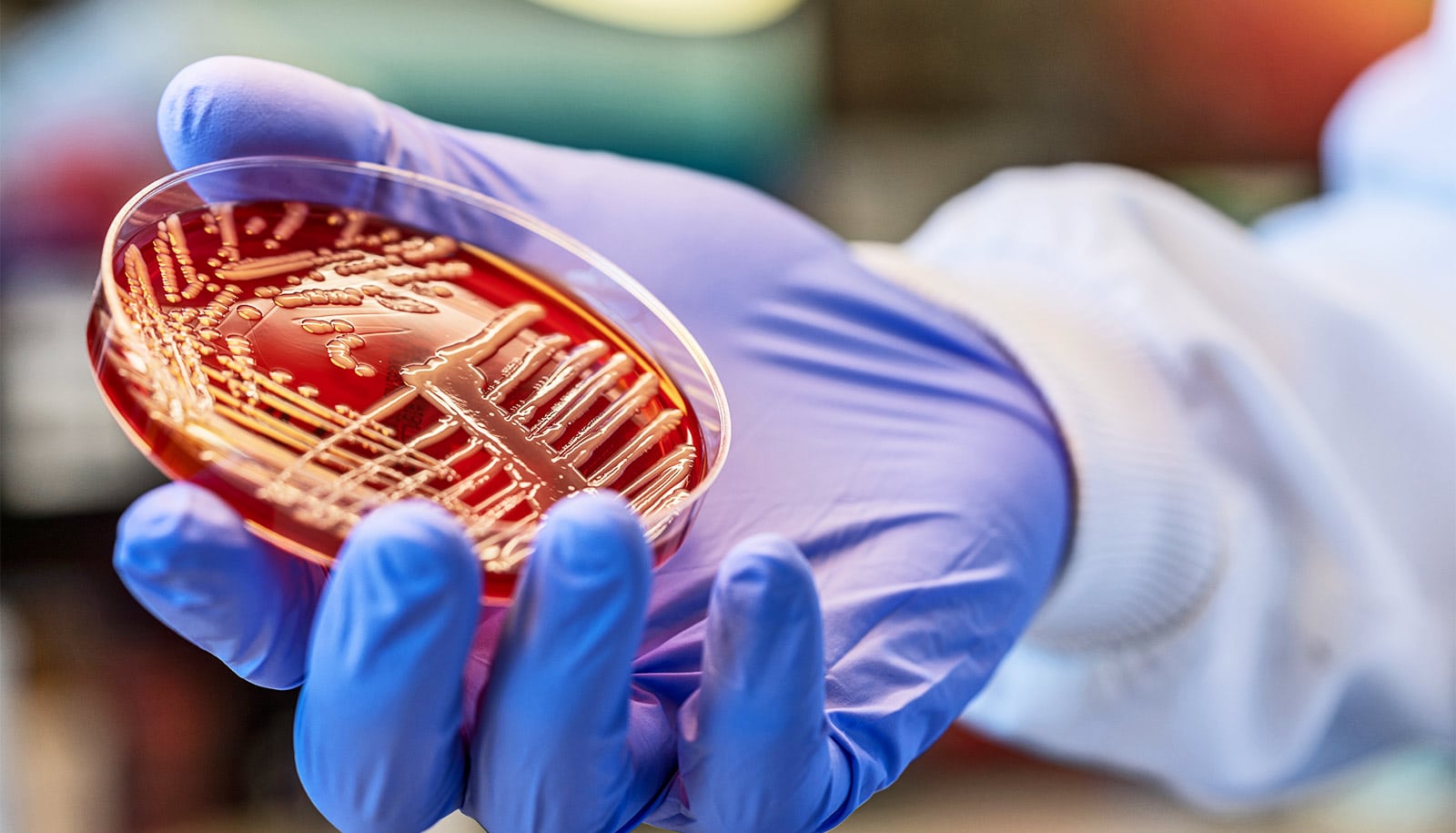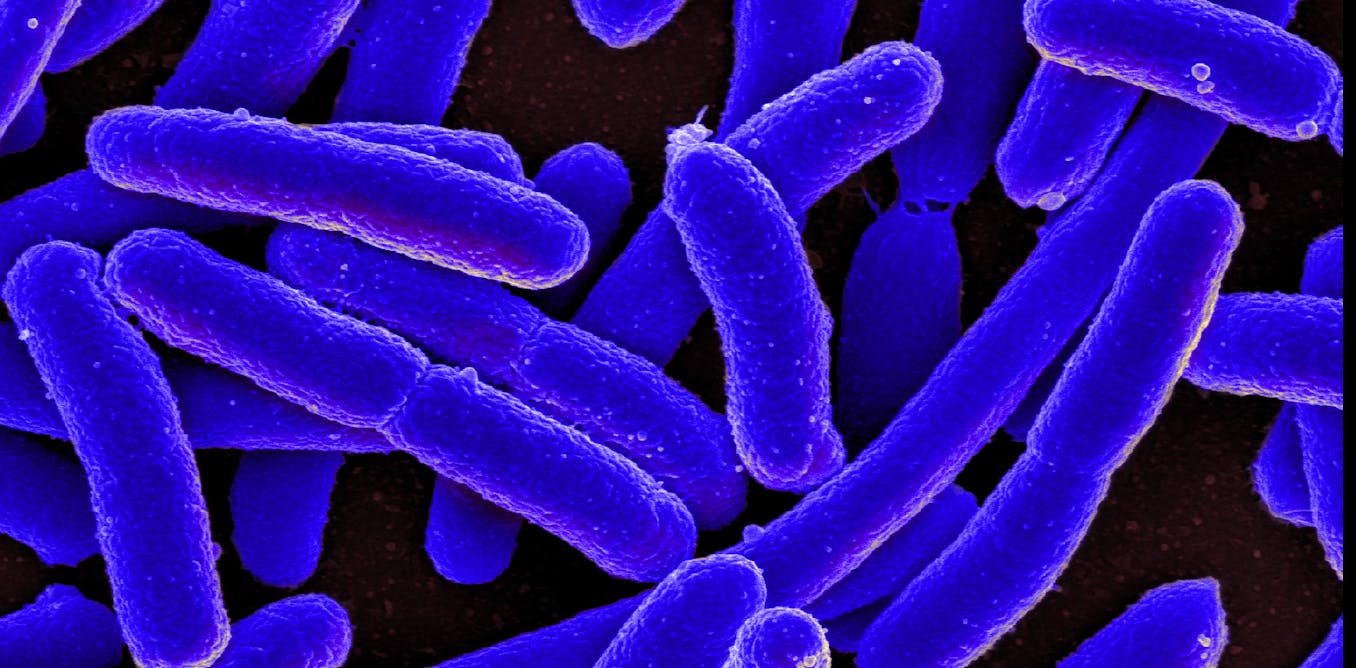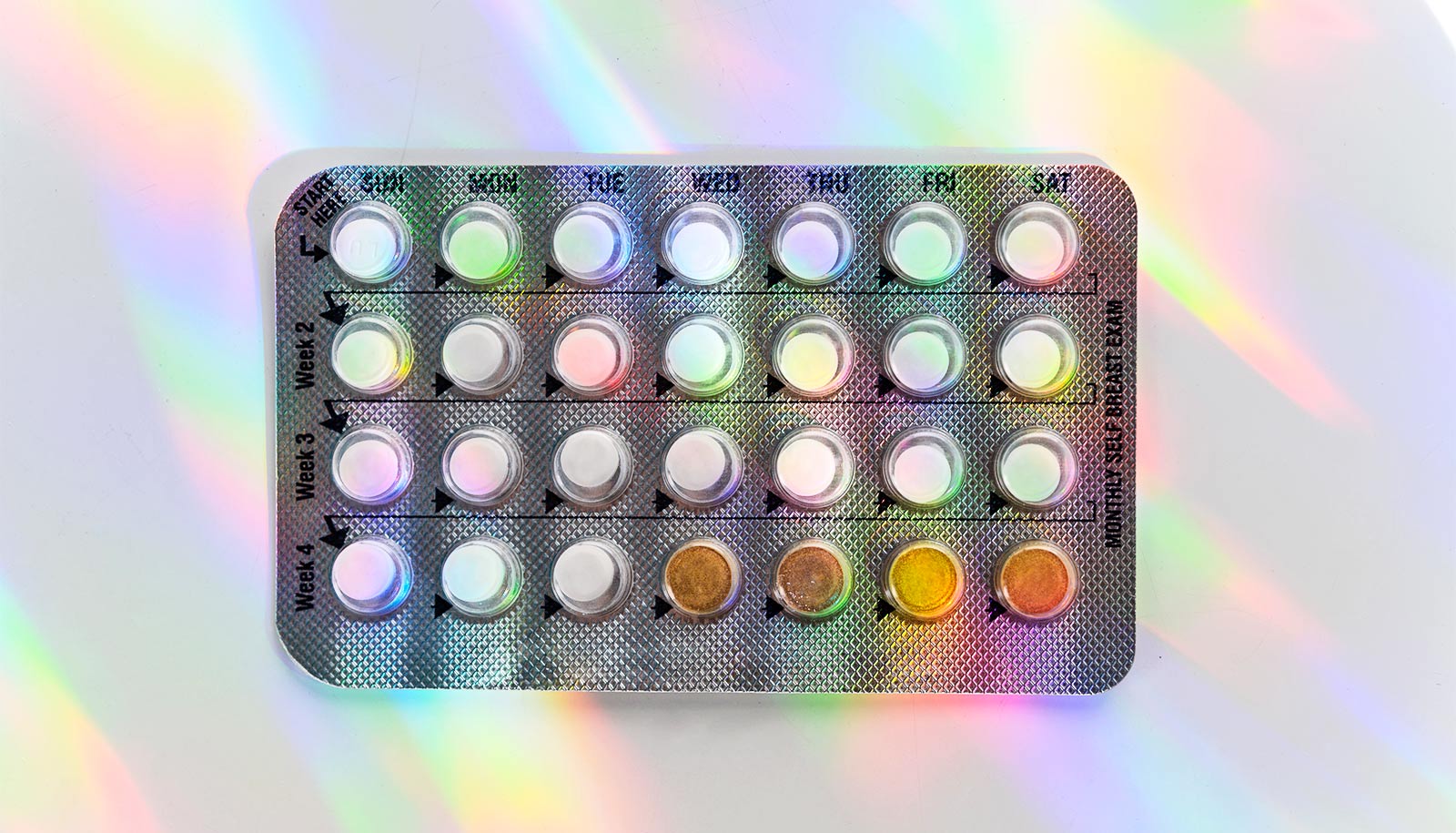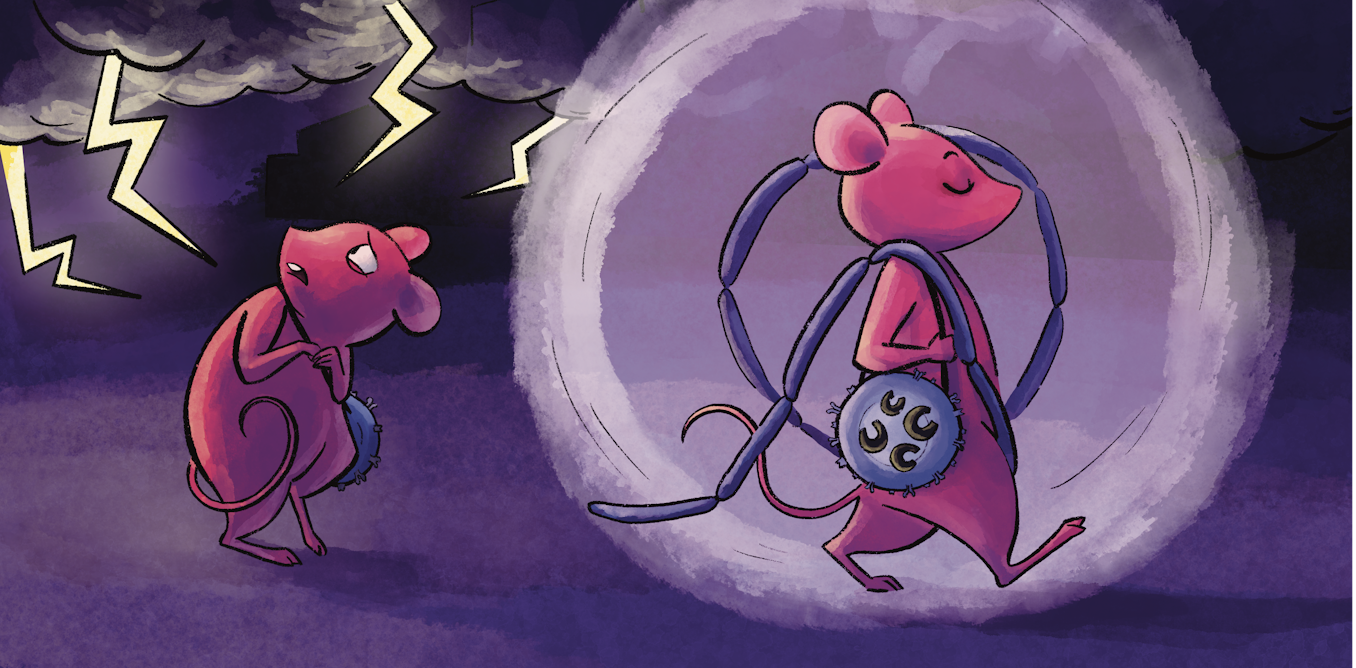AI can help predict whether a patient will respond to specific tuberculosis treatments, paving way for personalized care
People have been battling tuberculosis for thousands of years, and drug-resistant strains are on the rise. Analyzing large datasets with AI can help humanity gain a crucial edge over the disease.
Sriram Chandrasekaran, Associate Professor of Biomedical Engineering, University of Michigan •
conversation
March 20, 2024 • ~6 min
March 20, 2024 • ~6 min
Bacteria can develop resistance to drugs they haven’t encountered before − scientists figured this out decades ago in a classic experiment
The Nobel Prize-winning Luria−Delbrück experiment showed that random mutations in bacteria can allow them to develop resistance by chance.
Qi Zheng, Professor of Biostatistics, Texas A&M University •
conversation
Feb. 22, 2024 • ~7 min
Feb. 22, 2024 • ~7 min
Gut bacteria may explain why grey squirrels outcompete reds – new research
New research suggests the gut bacteria of red and grey squirrels differ significantly, potentially explaining the decline of the native red and the success of its grey counterpart.
Craig Shuttleworth, Honorary Visiting Research Fellow, Bangor University •
conversation
Feb. 21, 2024 • ~6 min
Feb. 21, 2024 • ~6 min
Bacteria in your gut can improve your mood − new research in mice tries to zero in on the crucial strains
The organisms living in your gut microbiome can influence your mental and physical health. Researchers have developed a way to better test for those biological effects.
Andrea Merchak, Postdoctoral Associate in Neuroscience, University of Florida •
conversation
Feb. 15, 2024 • ~7 min
Feb. 15, 2024 • ~7 min
/
62


